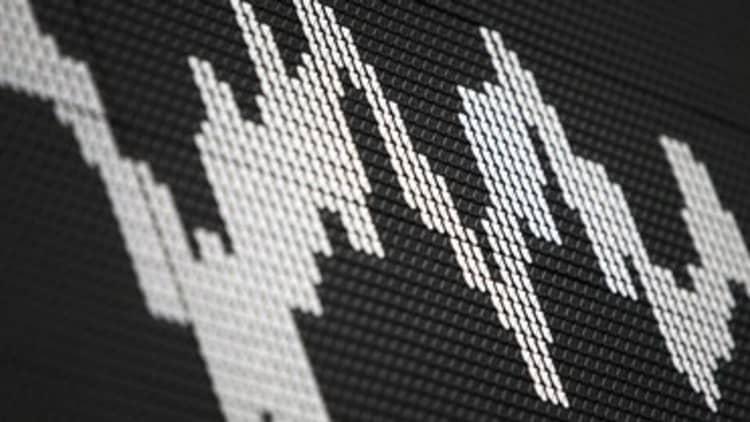
Many market watchers looking for risks ahead are focusing on China's slowdown, but there's a trouble spot beyond slower growth in the world's second-largest economy, Credit Suisse's head of global fixed income and economics research said Friday.
To be sure, investment could collapse in China and cause a significant episode, but Ric Deverell said Credit Suisse is concerned about something others are not giving enough attention: the risk inflation will creep up, complicating the Federal Reserve's path of interest rate hikes.
Officials at the U.S. central bank have said they intend to raise rates from near zero gradually, but if the economy heats up, they would feel pressure to rein in prices by increasing the cost of borrowing money.
Read More The Fed's real inflation problem
"What's really interesting is if you look at a broad range of inflation measures in the United States, the only one that's really below 2 percent — core inflation — is the PCE deflator, and there are some distortions in that related to health care," Deverell said, referring to the personal consumption expenditure deflator, a measure of the cost of living.
The Fed's target for inflation is 2 percent. Core inflation — the cost of goods minus food and energy — came in at 1.9 percent year over year in September.
"As we go through 5 percent unemployment, I think the risk is that you actually start to see some wages and inflation in the U.S.," he said. "Markets would reprice really quickly, and then the Fed would have to get on the case again."
Hourly wages rose 2.5 percent year over year in October, according to the Bureau of Labor Statistics.
Next year is shaping up to be another tough one for investors, and that's due in no small part to a strengthening U.S. economy, said Deverell.
While the world normally follows the United States higher, that trend may break down as unemployment remains high in Europe and China stays mired in a structural slowdown as it transitions to a consumer economy, he said.
Read More How do you solve a problem like China?
Deverell said the Fed will face "episodic storms" as it seeks to guide interest rates higher at the same time the European Central Bank continues to ease monetary policy to boost Europe's economy.
"I think that means you're going to have some really big changes in capital flows, which will be hard to trade," he said.
Credit Suisse flagged the U.S. dollar — particularly against the euro and Swiss franc — as its top trade in its 2016 global outlook, citing divergence in interest rate policy.
At the same time, Credit Suisse favors European equities over U.S. stocks, though Deverell said investors will have to hedge those trades to account for the strength of the greenback.


